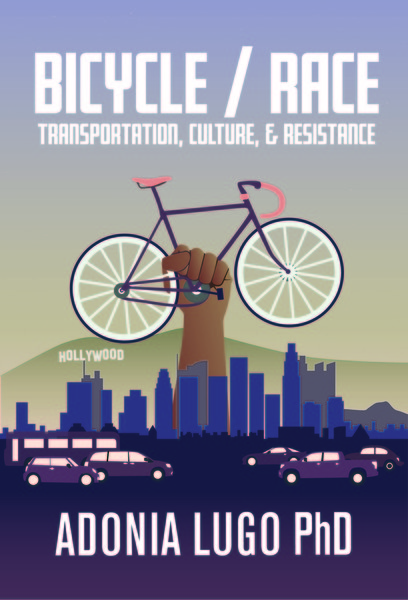When I was in college I remember thinking that discussions about "diversity" rang hollow, that the word got used as a euphemism for political correctness. I've often been cynical about how I fit into diversity, like my value to some people lies in my apparent un-whiteness. Even while becoming a cultural anthropologist, learning a discipline that embraces human cultural diversity as its foundational principle, I felt like "diversity" continued to be a placeholder for disingenuous quotas.
And yet now, living in an affluent part of Seattle, I wish I had some spice called diversity that I could sprinkle on my food.
It's finally dawned on me that I couldn't leave a place as unique as the LA Eco-Village and expect to immediately find something like it in another city. At LAEV I found a mix of commitment to ecological sustainability, vibrant public cities, and social justice, and hot damn did I like it. As I spent the last three years developing a perspective on urban space, these issues intertwined in my mind.
Only recently did I start to think about the word "urban" and what the heck it even means. When I put it in my blog title, I meant to convey my interest in cities, moving through them, exploring them, living in them, changing them through activism.
But urban can also be a euphemism like diversity, pointing to something it's not PC to name (i.e., race). It seems like at some point a new meaning grew, one that points more toward luxury condos and Calvin Klein underwear (at least that's what a window display at Macy's told me the other day).
Wandering around a place like Seattle's South Lake Union neighborhood, which appears to be a model of aspirational development for the creative class, it's obvious that some people mean "urban" to connote a controlled environment where consumption opportunities are convenient. It looks more like a simulated city than one that real people live in.
So is "urban" still up for grabs? Can I be Urban Adonia and argue for neighborhoods that have people of different incomes and backgrounds and races using them in visible ways? Or should I start using hair gel and save up for a "loft" in a building that also has a parking garage underneath it?
To me, an urban community means one where people help each other, where people talk to each other, where people co-create a reality rather than buying one pre-fab with their hefty salaries.
While "diversity" shouldn't be used as a gloss for race, I think it does describe something necessary to my kind of city. There's something inherently valuable about getting exposed to other ways of life, and this is what I'm talking about when I talk about urban space.

